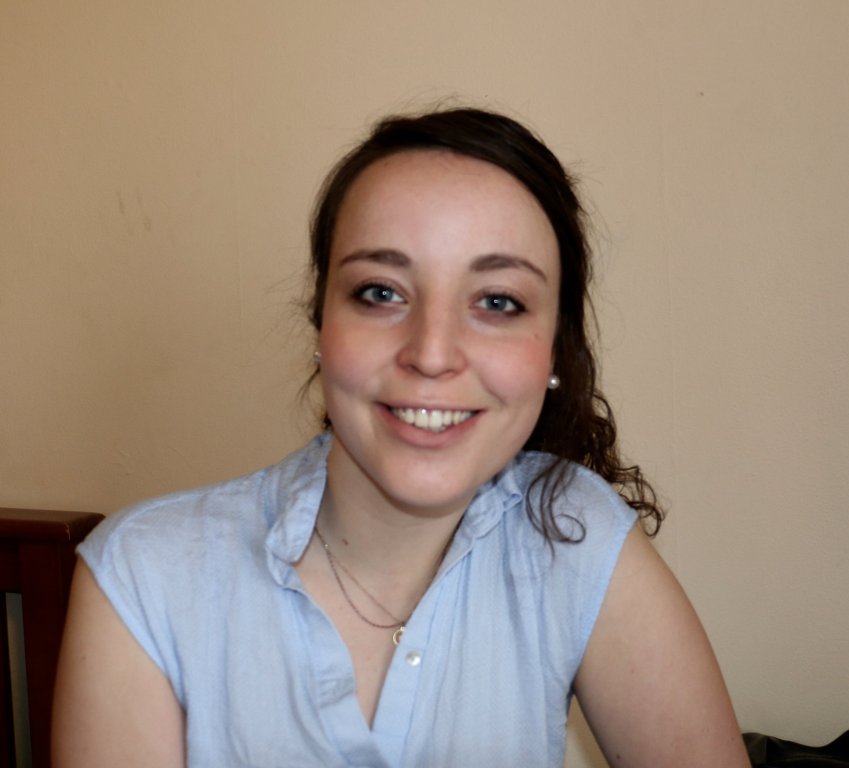-
-
- Council Members
- Role of Council Members
- Council meetings
- Council elections
- Previous election results
- Dr Louise Allum
- Dr Sam Bescoby
- Dr Andrew Clemence
- Dr Tshidi Gardiner
- Dr Reginald Godwin
- Paddy Gordon
- Dr Danielle Greenberg
- Dr Gerard Henry
- Dr Richard Hillman
- Dr Benjamin Kennedy
- Dr Tom Lonsdale
- Dr Darren Partridge
- Martin Peaty
- Alison Price
- Dr Peter Robinson
- Dr Jennifer Simmons
- Dr Sadie Spencer
- Dr Mary Thomas
- William Wilkinson
- Dr Lara Wilson
- Past-Presidents
-
-
-
-
-
- About extra-mural studies (EMS)
- EMS requirements
- Information for vet students
- Information for EMS providers
- Information for vet schools
- Temporary EMS requirements
- Practice by students - regulations
- Health and safety on EMS placements
- EMS contacts and further guidance
- Extra-mural studies fit for the future
-
-
- Code of Professional Conduct for Veterinary Surgeons
- Code of Professional Conduct for Veterinary Nurses
- Contact the Advice Team
- XL Bully dog ban
- 'Under care' - guidance
- Advice on Schedule 3
- Controlled Drugs Guidance – A to Z
- Dealing with Difficult Situations webinar recordings
- FAQs – Common medicines pitfalls
- FAQs – Routine veterinary practice and clinical veterinary research
- FAQs – Advertising of practice names
- GDPR – RCVS information and Q&As
Vet Futures: Student’s wearable tech vision wins Vet Futures essay competition
20 November 2015
Fourth-year University of Edinburgh veterinary student Jennifer Rowland has won the Vet Futures Veterinary Vision essay competition, with her entry on wearable healthcare technology for animals.
 The competition was run over the summer by Vet Futures, a joint Royal College of Veterinary Surgeons (RCVS) and British Veterinary Association (BVA) initiative that aims to help the veterinary profession prepare for and shape its future.
The competition was run over the summer by Vet Futures, a joint Royal College of Veterinary Surgeons (RCVS) and British Veterinary Association (BVA) initiative that aims to help the veterinary profession prepare for and shape its future.
Jennifer (pictured), who grew up on a dairy farm in rural Northumberland, was the only veterinary student to enter the competition; all essays were judged anonymously.
In her essay, Jennifer argues that: “Wearable technology that is designed to organise our daily lives, monitor our body functions and revolutionise our medical care already exists, and is likely to become an integral part of medical and veterinary sciences.”
Benefits of this, she suggests, will include instant assessment of basic health parameters, freeing up more time for diagnosis and treatment; less invasive gathering of data; access to a more detailed history; recording accurate baselines of, for example, temperature and heart rate, for each patient; the ability to detect the onset of disease; and an accurate way of monitoring response to long-term medication.
Jennifer concludes her 1,000-word essay by saying that: “The ‘art’ of veterinary medicine is unlikely to be radicalised in the next fifteen years, but the advancement of wearable day-to-day health monitors is one way that the ‘science’ will change dramatically.”
Jennifer’s win was recognised at the launch of the Vet Futures report at the London Vet Show on Friday 20 November, and the essay is being published in Veterinary Record (Volume 177, Issue 20, Saturday, 21 November 2015).
“This winning essay concerned a subject that came up often at our Vet Futures roadshow meetings – the role of technology in the future of the profession. Jennifer’s essay tackled the subject in an engaging and stimulating way that brought the subject alive,” says Sean Wensley, BVA President.
“Jennifer’s essay was a clear winner and it’s very fitting that a competition that challenged people to consider the future of the profession should have been won by someone who represents that very future,” said Bradley Viner, RCVS President.
Topics covered by other entrants included mental health and wellbeing, a National Animal Health Service (or, in another essay, a Veterinary Health Service), a future where all equine practitioners wear a helmet while examining horses to reduce accidents, and a system to support pet ownership for older people, among others.